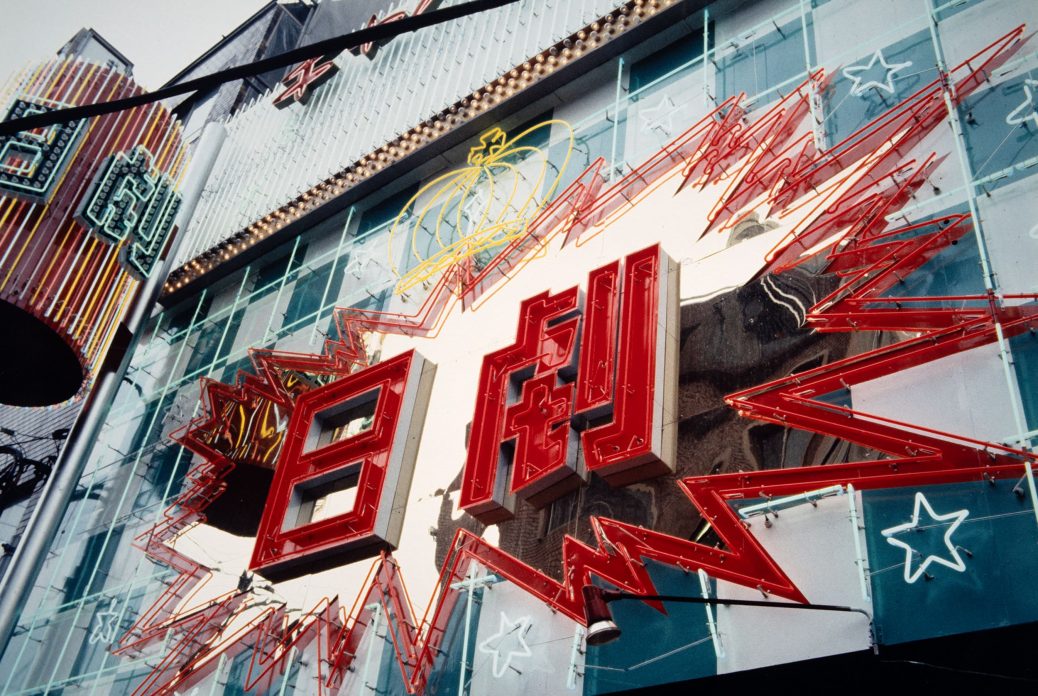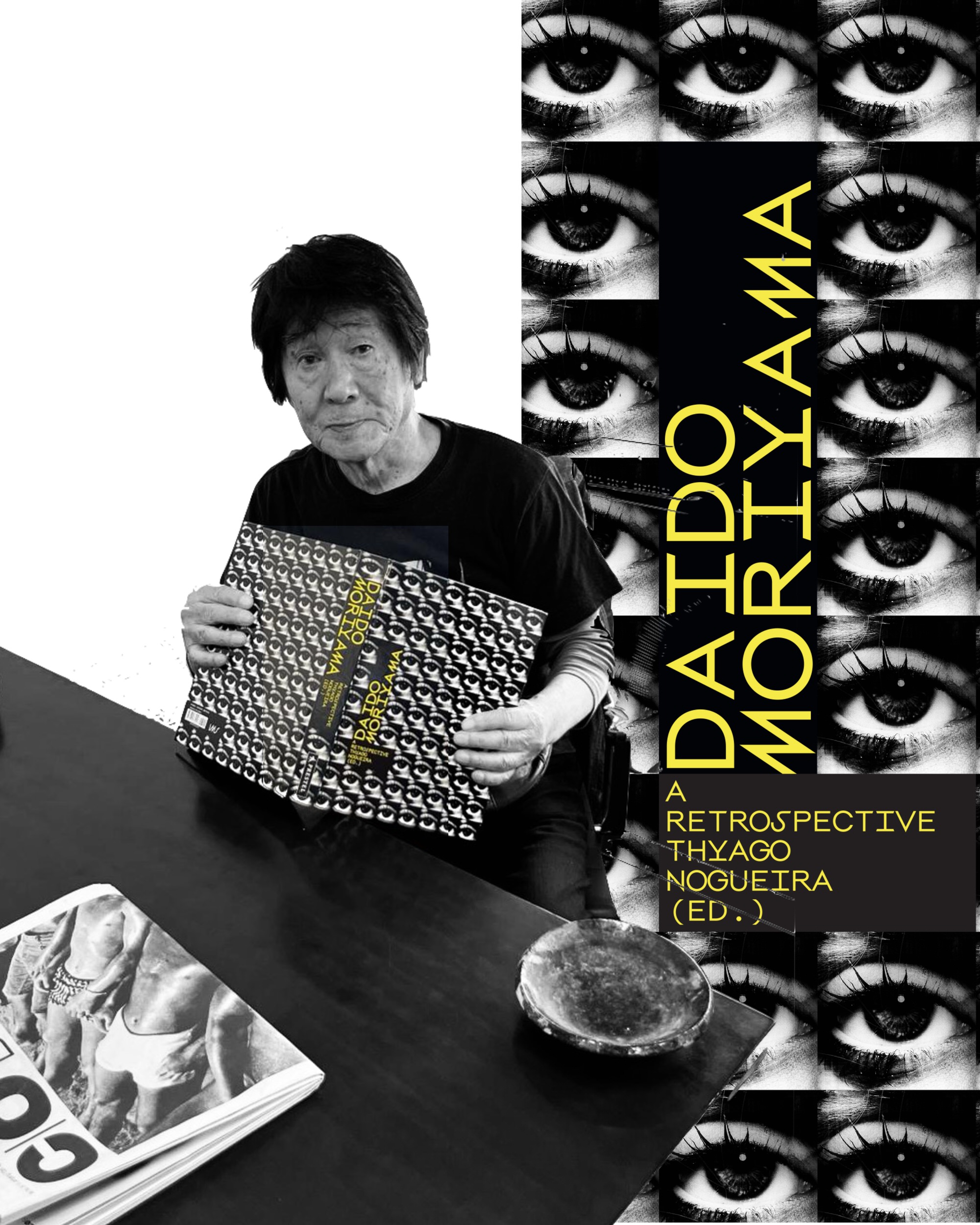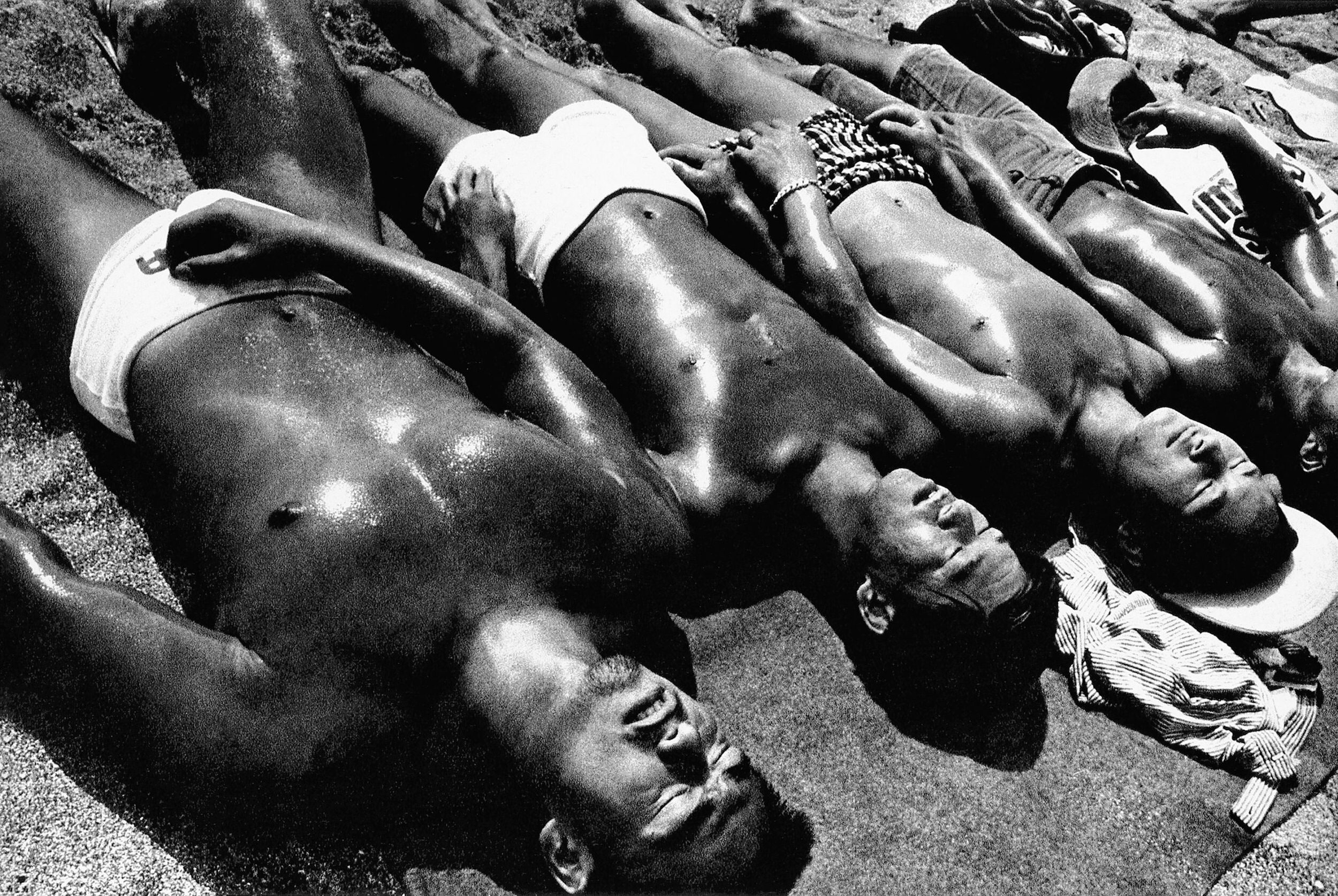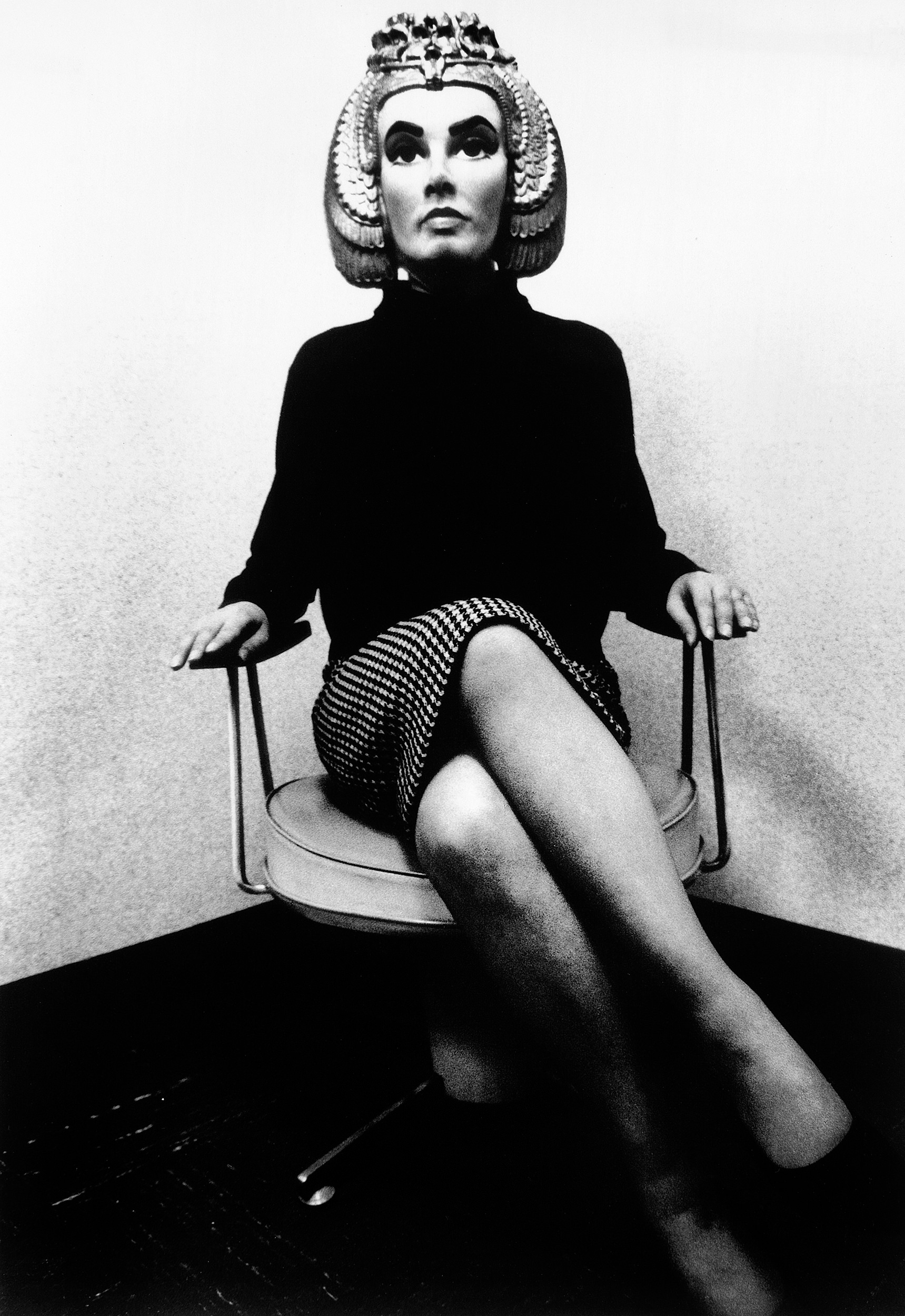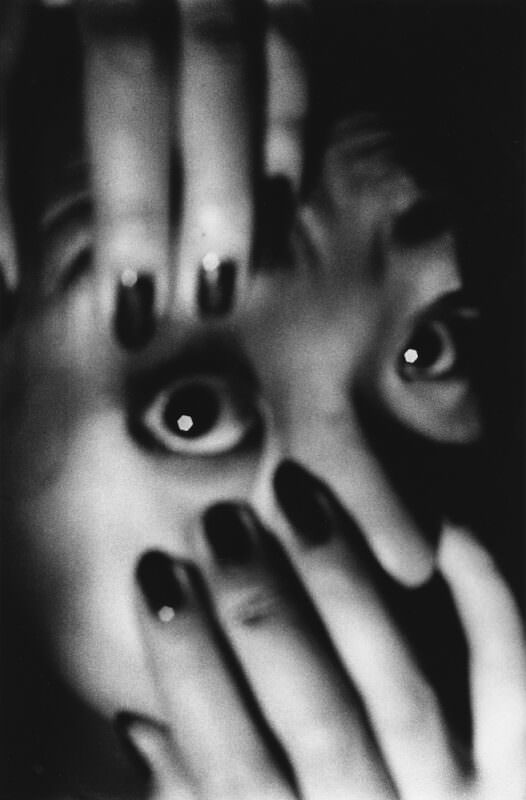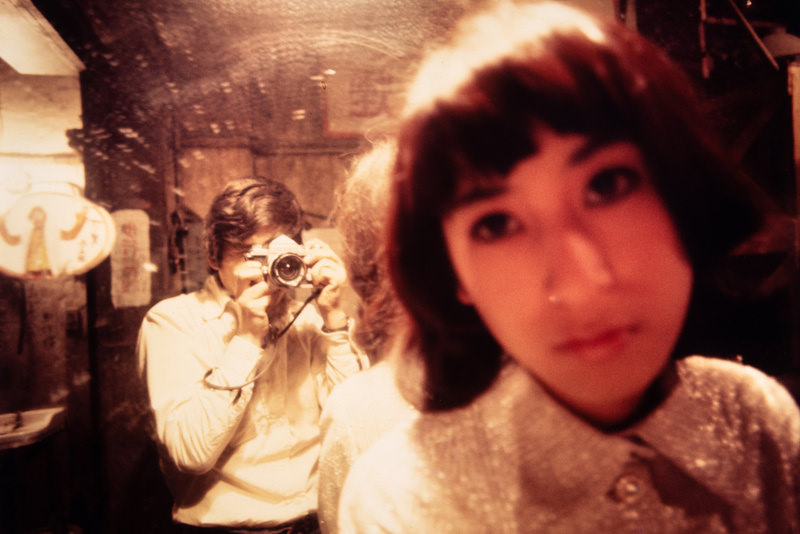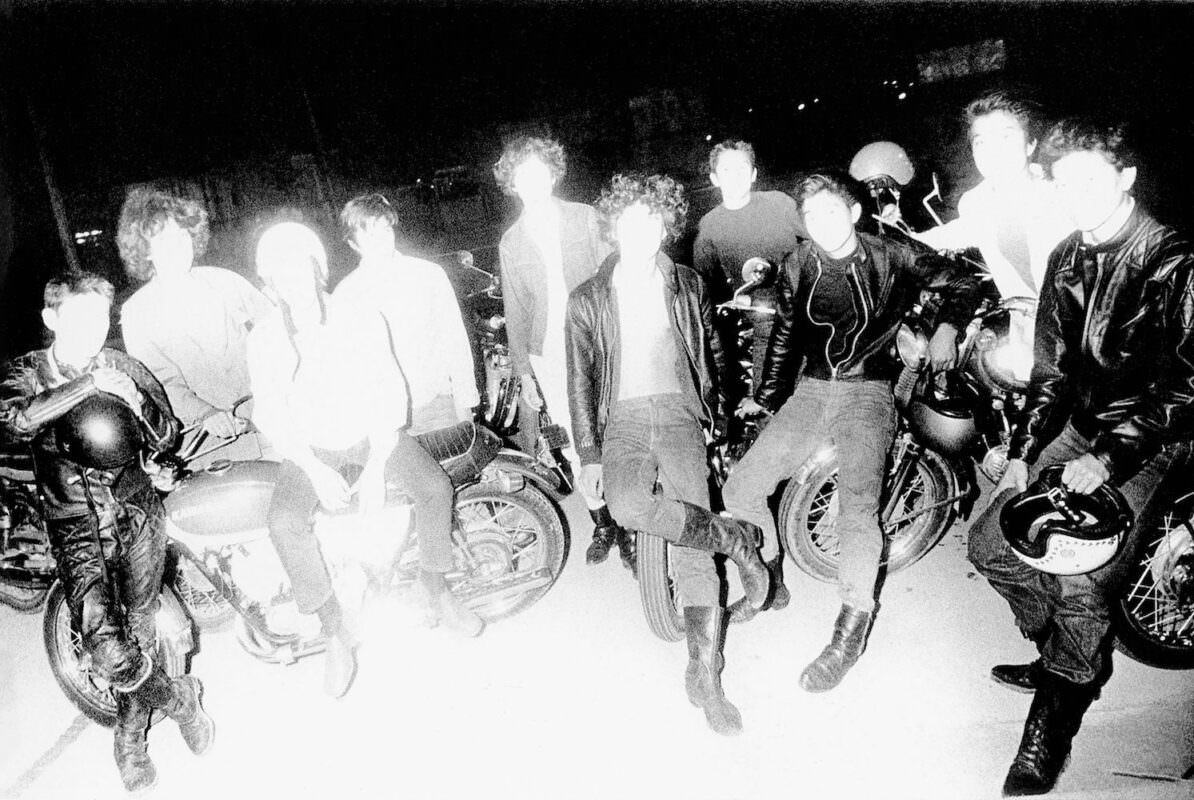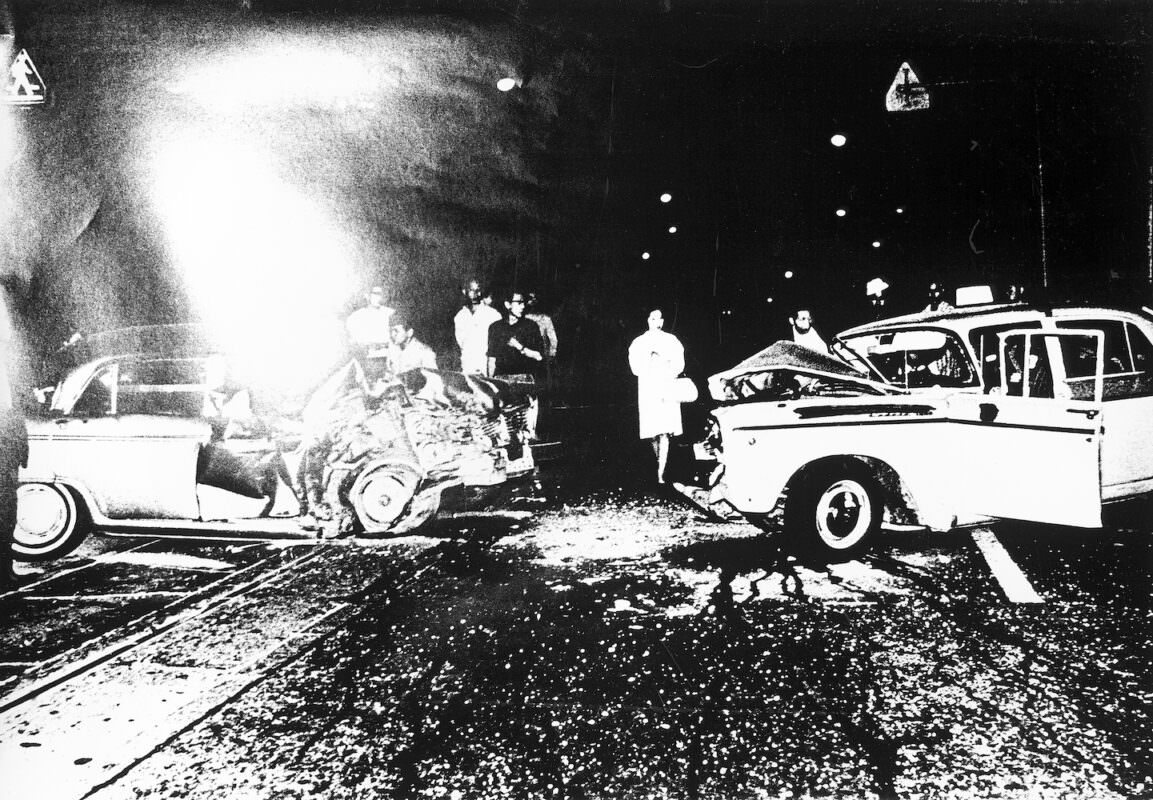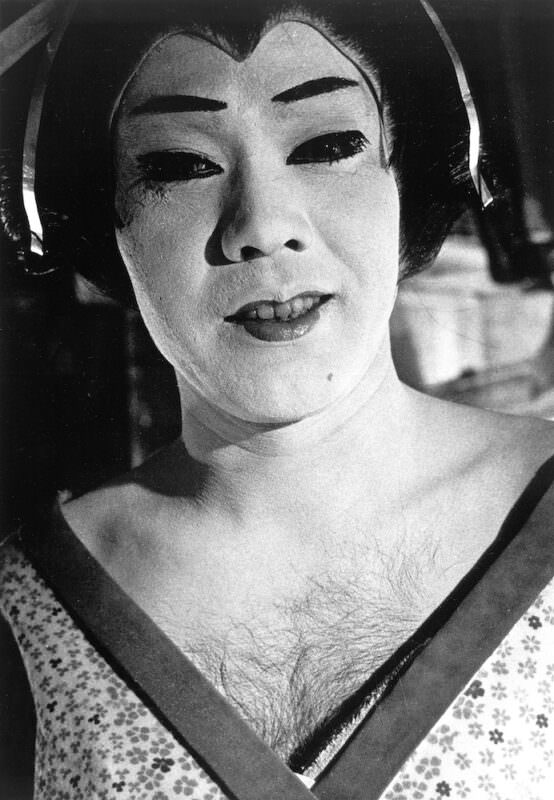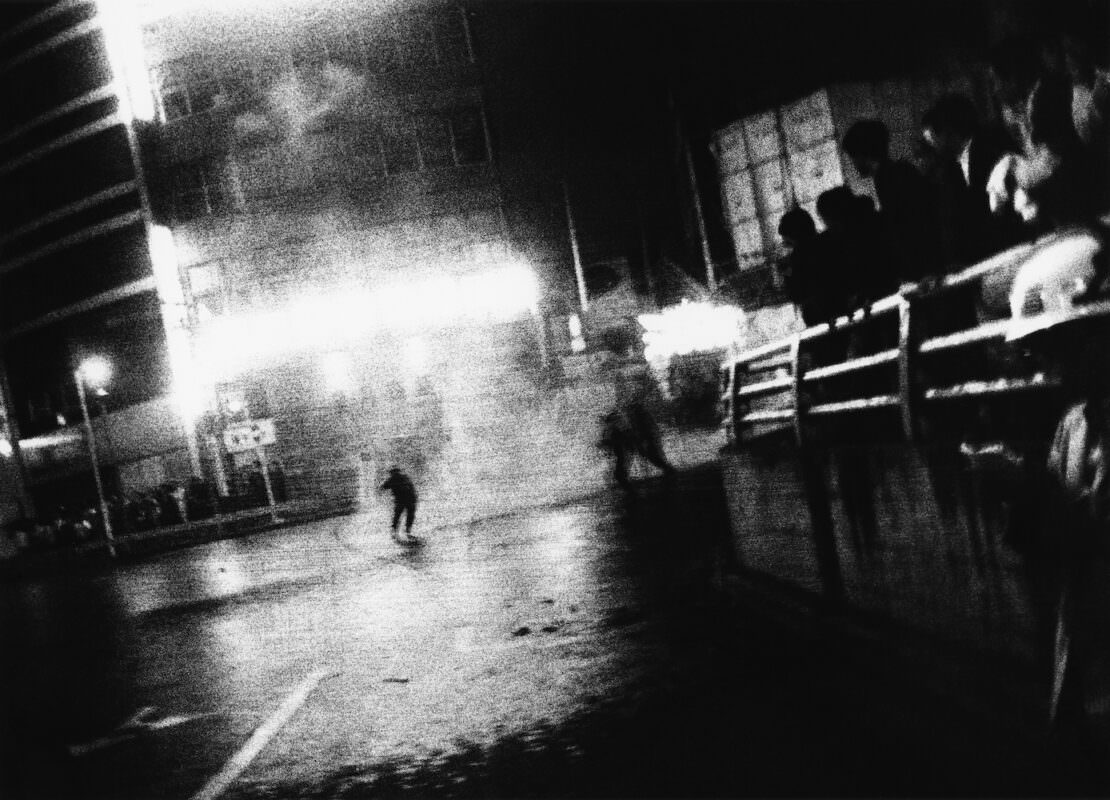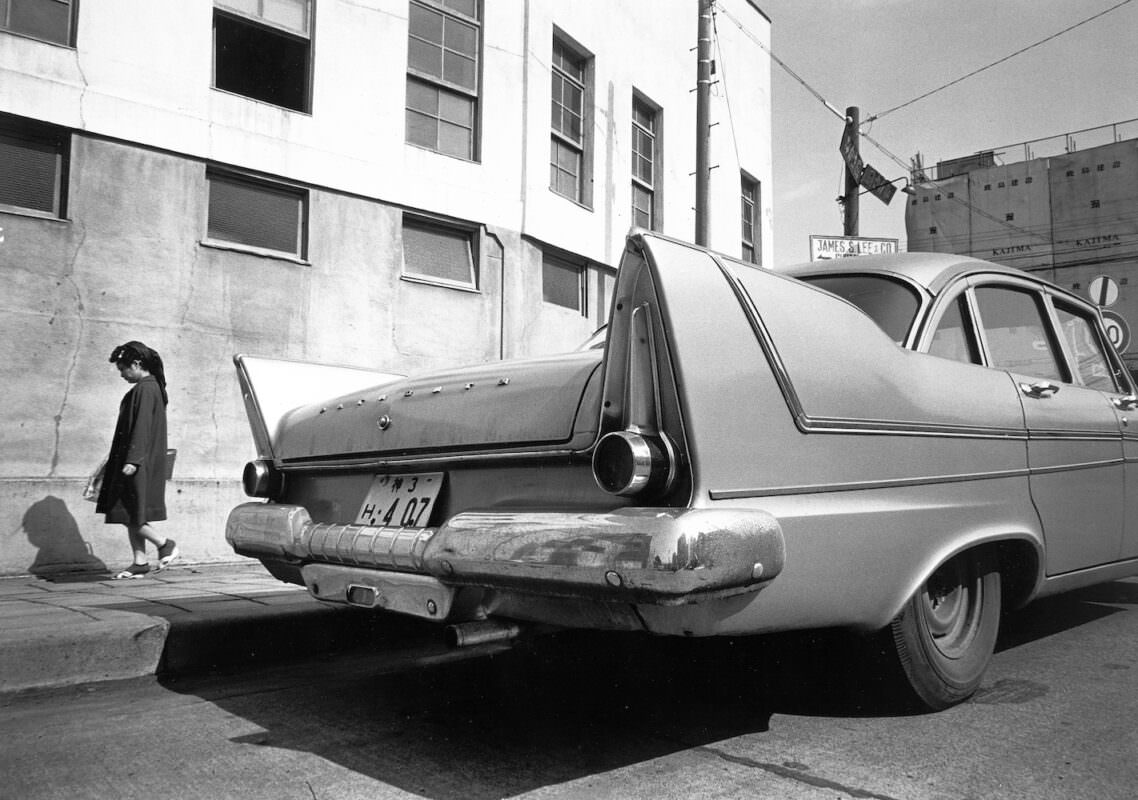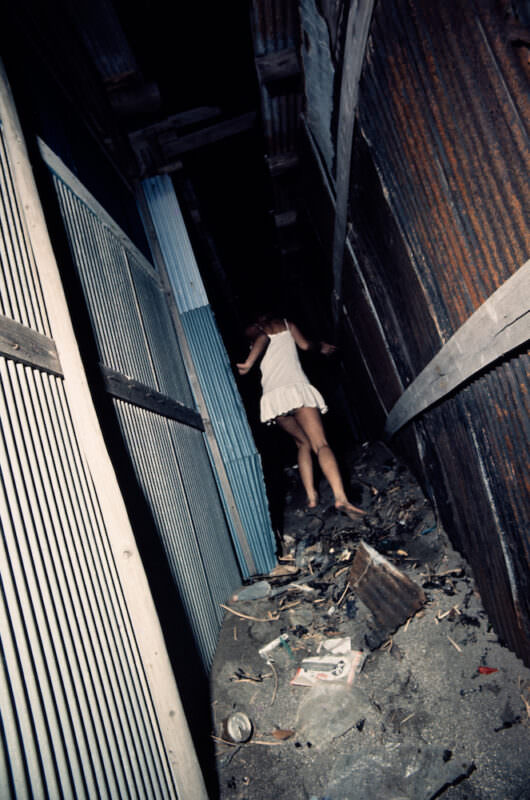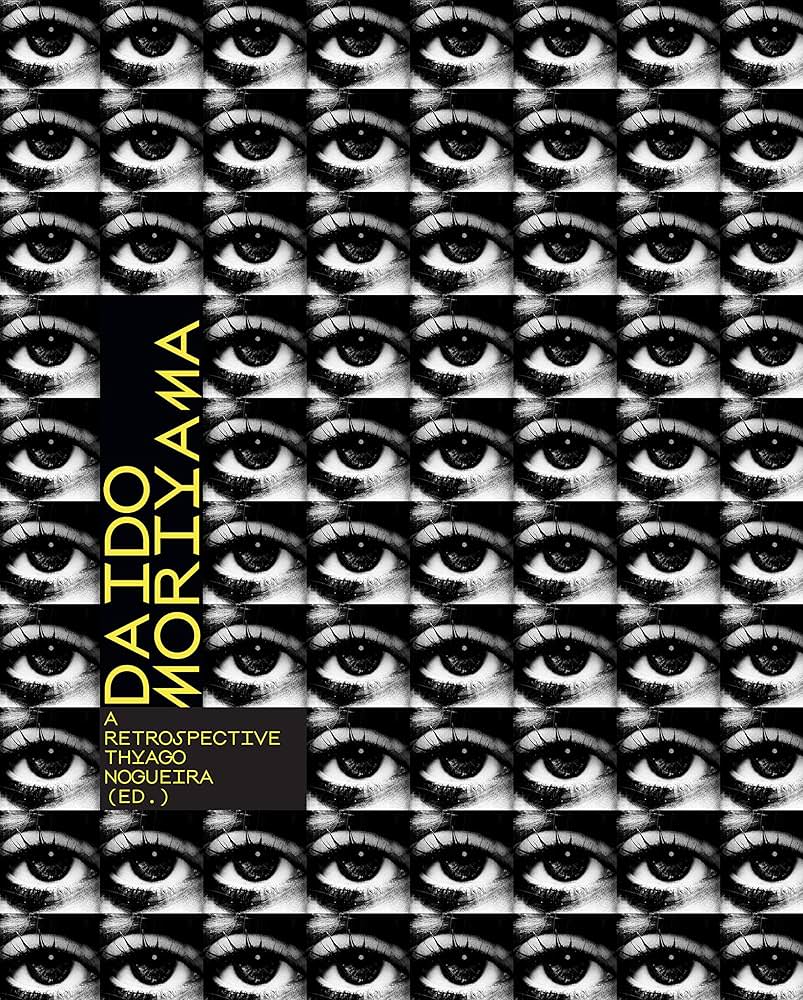Daido Moriyama: A Retrospective
“I don’t know if individual photographs contain ideas, worlds, history, humanity, beauty, ugliness or nothing at all. I actually do not really care. I just extract and record things around me, without any pretence.” — Daido Moriyama
Spanning nearly six decades, Daido Moriyama has reshaped the perception of photography, using his camera as a tool to probe the world and question the nature of photography itself, along with how images are circulated and consumed.
Born in Ikeda, Osaka, in 1938, Moriyama grew up in a Japan that was undergoing rapid transformation following its defeat in World War II and the subsequent American military occupation. This period of intense Westernization and economic upheaval inspired Moriyama to see photography as a democratic medium, one widely accessible through mass media. His lens captured the tensions between Japan’s deep-rooted traditions and the influx of Western influences. Influenced by American artists like William Klein and Andy Warhol, Moriyama also highlighted the paradoxes within capitalist culture.
This exhibition follows Moriyama’s artistic journey, starting with his early magazine work, his challenges to traditional photojournalism, his role within the Provoke movement, and his radical vision as seen in the photobook Farewell Photography (1972). It was during this period that he crafted his signature style, defined by the Japanese phrase “are-bure-boke,” which means grainy, blurry, and out of focus. Books and magazines were vital platforms for his creative expression and debate, making them a central focus of this retrospective.
By the early 1980s, after emerging from a period of creative and personal turmoil, Moriyama’s work evolved, incorporating a more lyrical style that delved into themes of identity, the nature of photography, memory, and history. This phase also saw him returning to street photography, documenting the streets of Tokyo, New York, Paris, and London, among other cities. While he became renowned for his gritty black-and-white images, Moriyama later embraced color and digital formats, aligning with his interest in contemporary consumer culture. The retrospective concludes with his Record magazine, a testament to his lifelong exploration of photography and a project he continues to develop today.
Throughout his career, Moriyama has posed a central question: What is the essence of photography? Rejecting the rigid conventions of the art world and the reverence for vintage prints, he instead emphasized photography’s power as an accessible and reproducible medium.
Daido Moriyama: A Retrospective was organized by Instituto Moreira Salles (IMS) in collaboration with the Daido Moriyama Photo Foundation, with contributions from Yutaka Kambayashi, Satoshi Machiguchi, and Kazuya Kimura, and the assistance of Daniele Queiroz.
About the Author
Born in Ikeda, Osaka in 1938 Daido Moriyama was raised in post-war Japan. Known for his dense, contrasting black-and-white images, he captured the clash of Japanese tradition and western influences. At the beginning of his career, Moriyama published two dozen articles in different magazines, crafting a multifaceted panorama of Japanese society, earning him the Japan Photo Critics Association’s Newcomer’s Award in 1967.
After the dismantling of the medium in Farewell Photography (1972), Moriyama sank into a personal and creative crisis. He finally returned to photography in the early 1980s, determined to investigate the essence of the image and of himself. During this period, Moriyama also renewed his interest in street photography, covering hundreds of miles in Tokyo, New York, Paris, and London, among other cities.
In 2006, Moriyama relaunched the Record magazine, which was published in five issues, until it was discontinued in 1973. It continues to be published and currently comprises 57 issues. Today, Daido Moriyama lives and works in Tokyo.
Daido Moriyama: A Retrospective
06.09.2024 – 23.02.2025
PHOTO ELYSEE – Lausanne – Switzerland

